For the first time since the crash of 2008, Sweden’s housebuilders are having to buy back housing units that have not sold, Swedish TV station SVT reported on Friday.
At the same time, the country is experiencing a nationwide housing shortage.
One developer admitted it was building too many homes for the higher-end market.
HSB, a cooperative housing association, found that it was unable to sell apartments in the Stockholm area despite reducing their price 20%, and was then forced to buy back 120 of them – the first time it has had to do this for 10 years. Anders Lago, the chairman of HSB, said the state of the Swedish housing market was worse than during the crash, when the seizing up of credit flows reduced the availability of mortgages around the world.
In 2017, Boverket, the National Board of Housing, Building and Planning, said 255 of Sweden’s 290 municipalities had fewer housing units than they need – the highest amount since the agency started recording figures.
And councils are struggling to provide accommodation for immigrants to the country, and those who arrange their own housing frequently experience “overcrowding, high second-hand rental costs, and severe worry about their living situation”, according to a report published by the Stockholm County Administrative Board last November.
The reason for the simultaneous existence of a housing drought and market collapse is being attributed to developers’ preference for building high-profit luxury apartments in big cities.
Lago said: “We have built an incredible selection of apartments, and I will also admit they were offered at high prices. Now both we and others have reason to feel critical of ourselves and ensure that the prices are pushed to bring down the costs.”
He added that the collapse in demand would have an impact on the national economy. “We see that this can halve the construction starts this year compared with 2017 and 2018,” he said. “Perhaps there will be a decline in GDP by half a percentage point.”
SVT conducted a survey of Sweden’s main construction companies and found that in total they have been forced to buy back more than 400 apartments – mainly in Stockholm, but also in cities such as Uppsala, VästerÃ¥s and Örebro.
The survey did not include Skanska, the country’s second largest domestic operator, which declined to put a figure on its buy-backs. However, Anders Danielsson, the chief executive of Skanska, told SVT that the collapse of the market was because “very expensive apartments” had been built, especially in the main urban centres. “They are apartments that most people cannot afford to buy or live in. As a result, there’s now an oversupply of them,” he said.
Meanwhile, Swedish housing website Booli reports that almost 10% of new-build apartments on the Swedish market have been reduced in price. Most reductions have taken place in Stockholm, where prices have been reduced by over 16%.
Image: Some 10% of new apartments in Sweden have had their asking price cut. Photo for illustrative purposes only (Dreamstime)
Further reading:
Comments
Comments are closed.





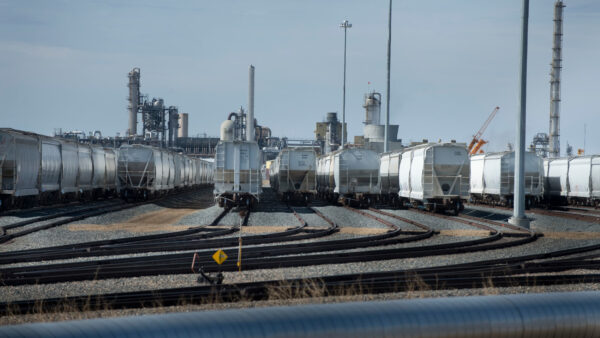
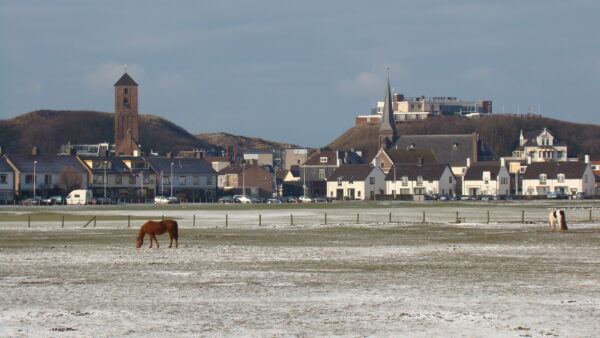
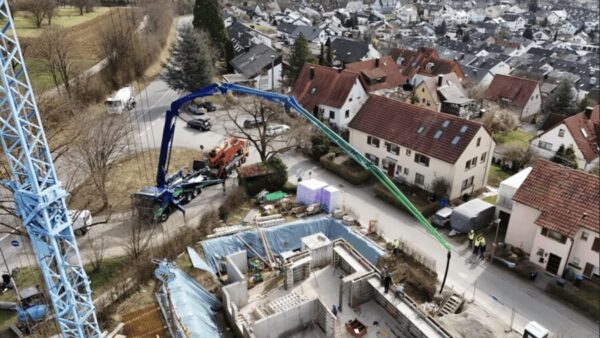
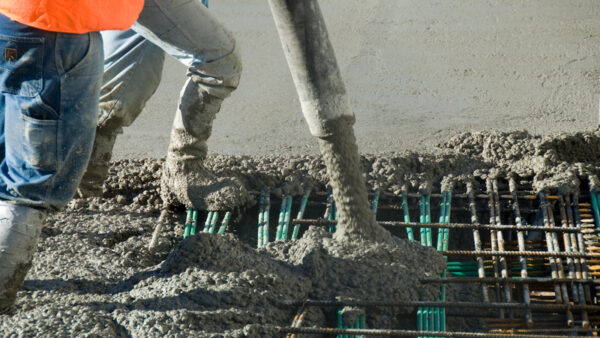

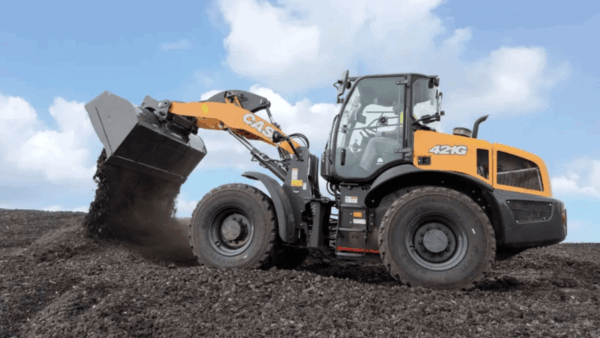
Down here in the south of England we are heading for a similar problem not with apartments but a glut of expensive 3 & 4 bedroom detached on high density estates. At the same time overloading local authority provided services like schools and the NHS hospitals and local surgeries.